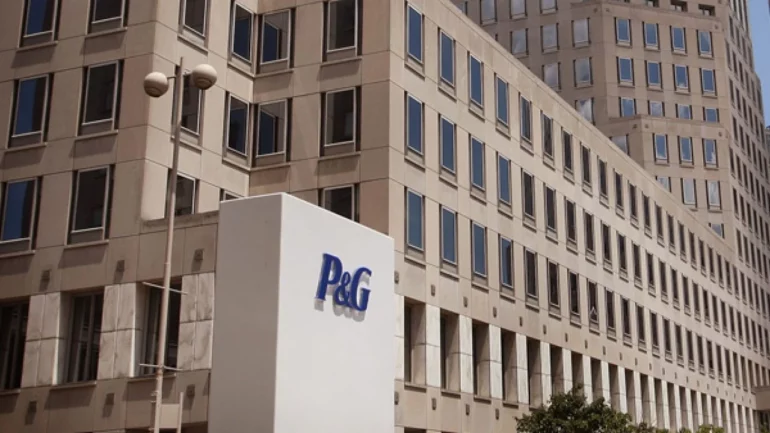Nigeria may lose five thousand direct jobs as Procter & Gamble, a multinational consumer company, announced its plan to exit the largest African economy 31 years after coming to the country.
On Wednesday, P&G chief financial officer Andre Schulten disclosed that the company will turn Nigeria into an import-only market.
Consequently, the company, makers of Always, Ariel, Oral B toothpaste, and other consumer goods will shut down its ultra-modern $300 million plant at Agbara, Ogun State, in 2017.
“We’ve announced that we will turn Nigeria into an import-only market, effectively dissolving our footprint on the ground in Nigeria and reverting to an import-only model,” he said.
He lamented the company’s portfolio drop to $50 million from $85 million.
He added that the other reality in some of these markets is that it gets increasingly difficult to operate and create U.S. dollar value.
“So, when you think about places like Nigeria and Argentina, it is difficult for us to operate because of the macroeconomic environment,” he added.
The development came months after GlaxoSmithKline Consumer Nigeria, another multinational company, had announced plans to exit Nigeria.
Reacting, Dr Muda Yusuf, the Executive Director of the Centre for the Promotion of Private Enterprise (CPPE) and recently appointed member of the Nigeria Customs Service board said the recent devaluation of the naira poses significant challenges for any business with substantial foreign exchange exposure, highlighting the current reality of the Nigerian market.
“Businesses with foreign exchange exposure are struggling”, he stated.
Also, Kalu Aja, a financial expert, disclosed on his official X handle that if this reality continues, no Small and Medium-sized Enterprises (SMEs) will be left in Nigeria.
“As I keep saying, imports into Nigeria are cheaper. The economic implications are worse than an atomic bomb,” he wrote.
The Telegraph reports that the Director-General of the Securities and Exchange Commission, Lamido Yuguda, said in November that there is no cause for alarm over the exit of companies from Nigeria.


